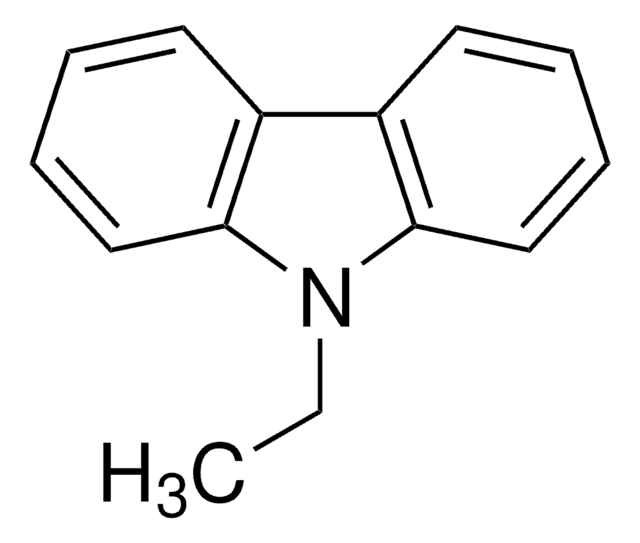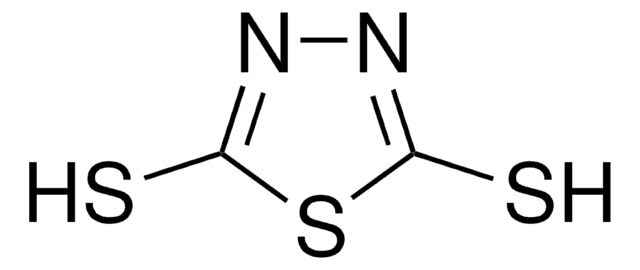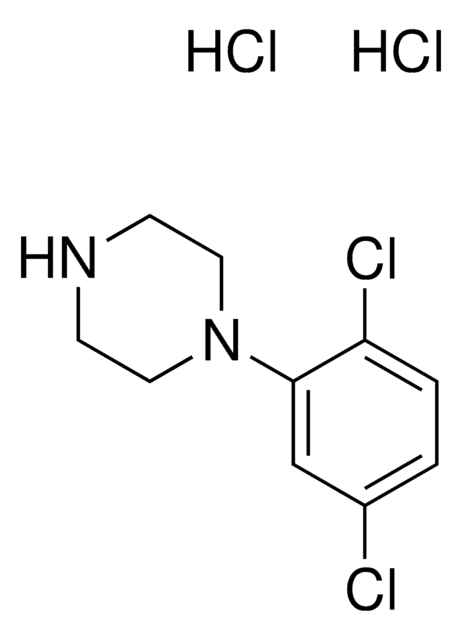SML1770
PhiKan083 hydrochloride
≥98% (HPLC)
Synonym(e):
9-Ethyl-N-methyl-9H-Carbazole-3-methanamine hydrochloride, PK-083 hydrochloride, PK083 hydrochloride, PhiKan-083 hydrochloride
About This Item
Empfohlene Produkte
Qualitätsniveau
Assay
≥98% (HPLC)
Form
powder
Lagerbedingungen
desiccated
Farbe
white to beige
Löslichkeit
H2O: 2 mg/mL, clear
Lagertemp.
2-8°C
SMILES String
CNCC1=CC2=C(C=C1)N(CC)C3=C2C=CC=C3.[H]Cl
Biochem./physiol. Wirkung
Signalwort
Warning
H-Sätze
Gefahreneinstufungen
Eye Irrit. 2 - Skin Irrit. 2
Lagerklassenschlüssel
11 - Combustible Solids
WGK
WGK 3
Flammpunkt (°F)
Not applicable
Flammpunkt (°C)
Not applicable
Analysenzertifikate (COA)
Suchen Sie nach Analysenzertifikate (COA), indem Sie die Lot-/Chargennummer des Produkts eingeben. Lot- und Chargennummern sind auf dem Produktetikett hinter den Wörtern ‘Lot’ oder ‘Batch’ (Lot oder Charge) zu finden.
Besitzen Sie dieses Produkt bereits?
In der Dokumentenbibliothek finden Sie die Dokumentation zu den Produkten, die Sie kürzlich erworben haben.
Unser Team von Wissenschaftlern verfügt über Erfahrung in allen Forschungsbereichen einschließlich Life Science, Materialwissenschaften, chemischer Synthese, Chromatographie, Analytik und vielen mehr..
Setzen Sie sich mit dem technischen Dienst in Verbindung.









